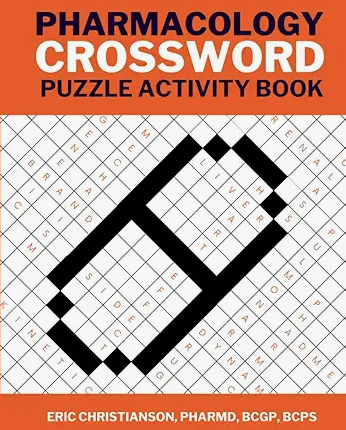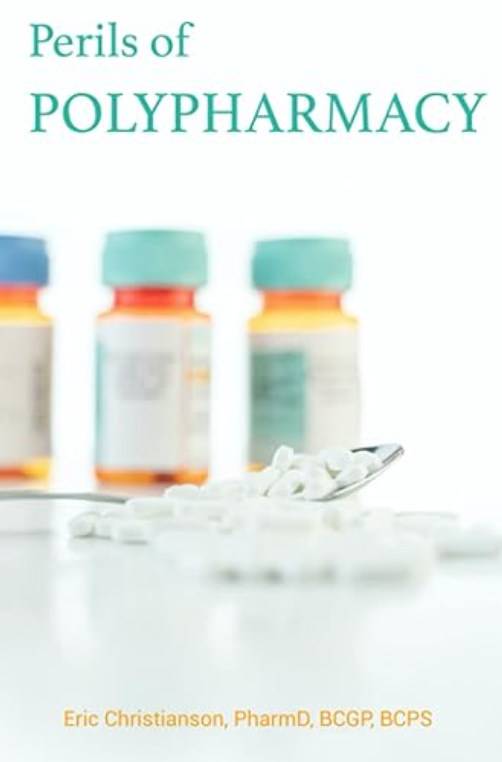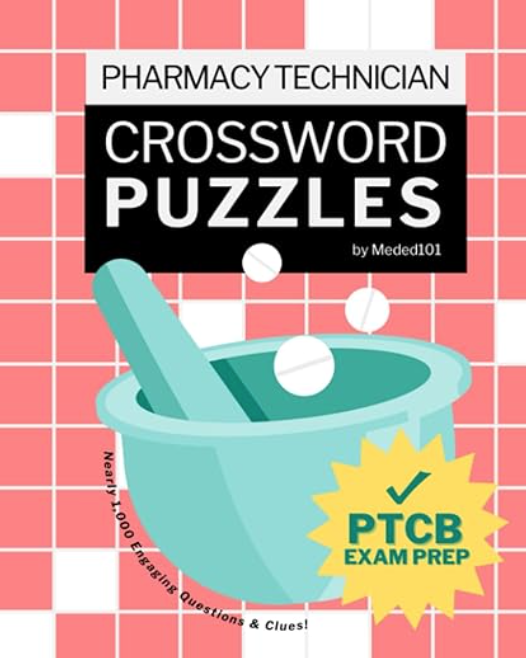I received a question the other day about EPT (expedited partner therapy) and STD management. State laws vary so be sure to check with your board of pharmacy. In this blog post, we will describe EPT and share what we have learned when looking at the rules from two different states.
EPT. What is it? Chances are that you may have heard of expedited partner therapy (EPT), but may have yet to be involved in the dispensing process. Expedited partner therapy is the practice of treating the sexual partners of patients with diagnosed gonorrhea or chlamydia by providing medication for partners who are unable or unlikely to seek treatment. It is a recommended harm reduction strategy and is supported by the CDC and most states. The medication is provided by the patient to their sexual partner without the partner having been seen by a healthcare provider. These medications that are provided need to include educational materials for the partner that include: treatment instructions, warnings about taking medications – such as in pregnancy and allergies, general health counseling, as well as a statement recommending timely medical evaluation for possible HIV infection as well as any symptoms of an STI (especially PID).
The CDC recommended EPT treatment options have been nicely outlined, and a beautiful chart put together by the Minnesota Department of Health:
But this still all feels a bit odd right? Definitely not our usual process – we typically know who our patients are, and have the opportunity to complete our medication review, and then counsel them on proper use.
Given all the focus on the 5 rights of medication use, being unaware of the patient we are providing medication to can feel a bit off-putting. However, we are well aware that the practice of providing medication to treat sexual partners of those diagnosed with chlamydia and gonorrhea can help reduce the rate of persistent infections and complications.
Now how do we put it into practice? Let’s take a look at a couple of areas of the state’s rules for implementation, focusing on where our process differs from the norm or is clearly outlined.
First, Minnesota – my home state, and one with incredibly easy-to-access information that outlines how to dispense medications for EPT.
MN Statute 151.37 says “Nothing in this chapter prohibits a licensed practitioner from issuing a prescription or dispensing a legend drug in accordance with the Expedited Partner Therapy in the Management of Sexually Transmitted Diseases guidance document issued by the United States Centers for Disease Control.” And that’s it. Further guidance is provided by the MN Department of Health.
In MN, the label on the EPT prescription has a few allowable differences.
- The name of the partner is not required for EPT if it is not available. Instead, a dummy name can be entered on the label, such as ‘EPT Partner #1’.
- The DOB is not required if it is not available. The DOB field can be blank, contain ‘N/A’, or a dummy birth date such as ‘1/1/01’.
- The address of the partner is not required if it is not available. Instead, it can be left blank, as ‘N/A’, or a dummy address can be entered such as 123 EPT, City, MN 55404
- As a recommended best practice, somewhere on the label should indicate that this prescription is for EPT. This will allow an easily identifiable reason why key information that is typically required for dispensed prescriptions is missing.
MN has stated partner time and quantity limitations for EPT. With regards to time, MN has a 60 day rule that says all sexual partners within the past 60 days may be offered EPT (there is no limit to the quantity of EPT prescriptions that can be dispensed within this timeframe). If the patient has had no sexual partners in the past 60 days, then a single EPT prescription may be provided for the individual most recent partner.
Thinking about liability, if the partner that will receive EPT is not known to the provider, then the manufacturer of the drug product has the duty to warn of potential adverse effects and other harms in the drug’s labeled information. Additionally, it’s important to note that the patient (not the partner receiving EPT, but the patient to whom they’re connected) is to be counseled on the prescription. Along with this, it is best practice to provide written materials to be referenced for this information. The pharmacy phone number should be emphasized as well, so the partner receiving the EPT medication can contact with any questions.
As far as billing for a partner receiving EPT whose information is not known to the pharmacy: the EPT prescription would not be able to be run through any type of insurance. It cannot be billed to the original patient’s insurance as that would be insurance fraud. Discount cards can be used if available to help reduce the out of pocket cost, as well as any grant funding provided by the individual institution or foundation connected with the pharmacy.
Now let’s look at Florida. There is a huge discrepancy between the information found for MN guidance, and that found for FL.
FL statute 384.27 says “A health care practitioner licensed under chapter 458, chapter 459, or s. 464.012 may provide expedited partner therapy if the following requirements are met:
1. The patient has a laboratory-confirmed or suspected clinical diagnosis of a sexually transmissible disease.
2. The patient indicates that he or she has a partner with whom he or she engaged in sexual activity before the diagnosis of the sexually transmissible disease.
3. The patient indicates that his or her partner is unable or unlikely to seek clinical services in a timely manner.
(b) A pharmacist licensed under chapter 465 may dispense medication to a person diagnosed with a sexually transmissible disease pursuant to a prescription for the purpose of treating that person’s partner, regardless of whether the person’s partner has been personally examined by the prescribing health care practitioner.
(c) A pharmacist or health care practitioner must check for potential allergic reactions, in accordance with the prevailing professional standard of care, before dispensing a prescription or providing a medication under this subsection.”
The FL Department of Health provides no further available guidance for implementing this practice. The FL Board of Pharmacy reiterates what is written (above) in the statute. So the nitty-gritty of the process seems to be left mostly to pharmacies to develop.
Here’s what we do know for Florida:
- Prescribers of EPT can be medical or osteopathic physicians or advanced registered nurse practitioners
- The initial patient must have a diagnosed STD (reminder – chlamydia and gonorrhea are the ones outlined by the CDC for EPT)
- The initial patient must indicate that their sexual partner is unlikely or unable to seek out treatment.
- The EPT dispensing pharmacist needs to ask about allergies prior to dispensing.
And that’s what we have for Florida.
When comparing the two states’ guidance, we can see a lot more gray areas for those practicing in Florida. If that’s you – consider requesting further guidance from the Board of Pharmacy and the Department of Health. Perhaps Minnesota has an acceptable framework that can be modeled – hopefully, it will at least make it easier for the entities to build language for EPT recommendations.
It’s important to note that although many states consider EPT permissible, there are some states where it is considered potentially allowed (not specifically outlawed or permitted), but no states where EPT is still prohibited. Be sure to check with the CDC and the state you practice to ensure you are following recommendations.
This article was written by Amy Van Loon, PharmD Candidate in collaboration with Eric Christianson, PharmD, BCPS, BCGP
- 30 medication mistakes PDF
- 18+ Page Drug Interaction PDF
- 10 Commandments of Polypharmacy Webinar based on my experiences in clinical practice









Thanks so much Eric for this valuable article and excellently delivered, I really appreciate how reliable you are and always available to answer any question or address any topic or concern.
All of us are really grateful for your commitment and dedication and one more time for your prompt response about EPT.
Best regards,
Ivonne.